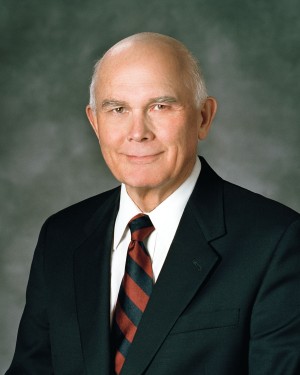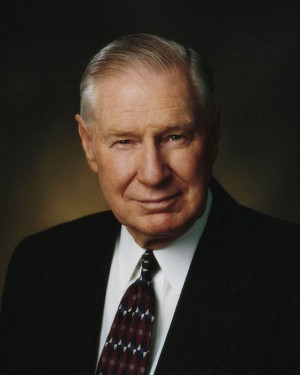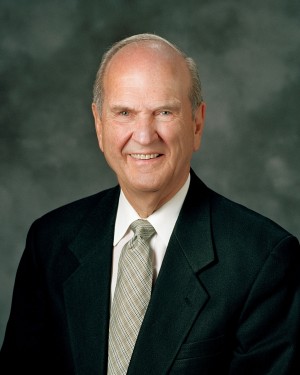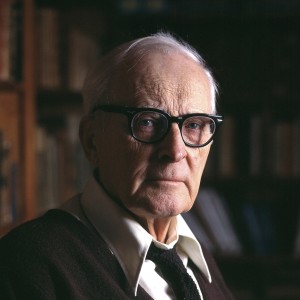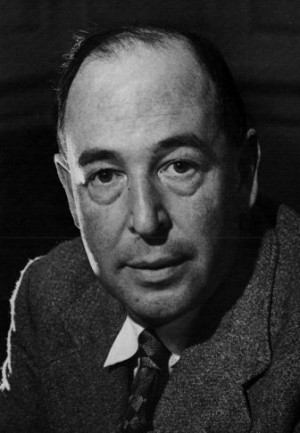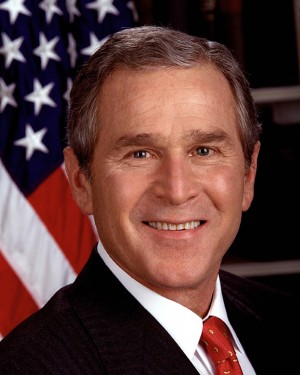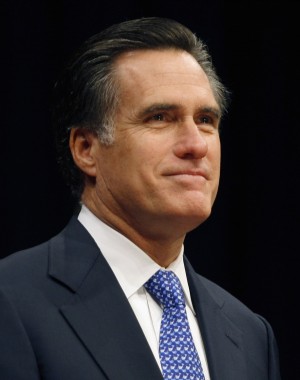If any man among you seem to be religious, and bridleth not his tongue, but deceiveth his own heart, this man’s religion is vain.
Pure religion and undefiled before God and the Father is this, To visit the fatherless and widows in their affliction, and to keep himself unspotted from the world. (James 1:26-27)
And again, the Lord has said that: Ye shall defend your families even unto bloodshed. Therefore for this cause were the Nephites contending with the Lamanites, to defend themselves, and their families, and their lands, their country, and their rights, and their religion. (Alma 43:47)
We believe that religion is instituted of God; and that men are amenable to him, and to him only, for the exercise of it, unless their religious opinions prompt them to infringe upon the rights and liberties of others; but we do not believe that human law has a right to interfere in prescribing rules of worship to bind the consciences of men, nor dictate forms for public or private devotion; that the civil magistrate should restrain crime, but never control conscience; should punish guilt, but never suppress the freedom of the soul. (Doctrine and Covenants 134:4)
Some time in the second year after our removal to Manchester, there was in the place where we lived an unusual excitement on the subject of religion. It commenced with the Methodists, but soon became general among all the sects in that region of country. Indeed, the whole district of country seemed affected by it, and great multitudes united themselves to the different religious parties, which created no small stir and division amongst the people, some crying, “Lo, here!” and others, “Lo, there!” Some were contending for the Methodist faith, some for the Presbyterian, and some for the Baptist. (Joseph Smith — History 1:5)
Behold, we have not come out to battle against you that we might shed your blood for power; neither do we desire to bring any one to the yoke of bondage. But this is the very cause for which ye have come against us; yea, and ye are angry with us because of our religion.
But now, ye behold that the Lord is with us; and ye behold that he has delivered you into our hands. And now I would that ye should understand that this is done unto us because of our religion and our faith in Christ. And now ye see that ye cannot destroy this our faith.
Now ye see that this is the true faith of God; yea, ye see that God will support, and keep, and preserve us, so long as we are faithful unto him, and unto our faith, and our religion; and never will the Lord suffer that we shall be destroyed except we should fall into transgression and deny our faith. (Alma 44:2-4)


